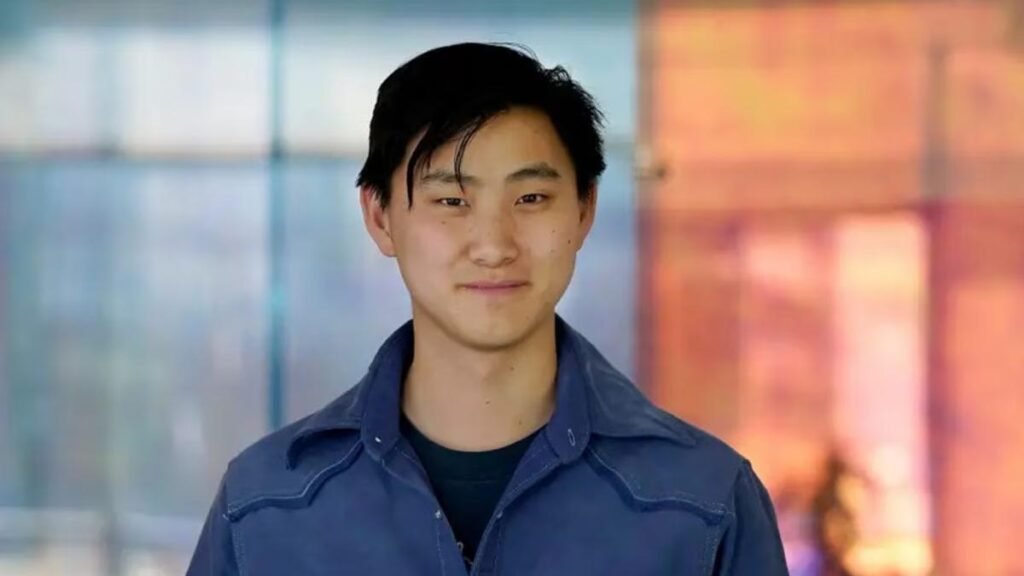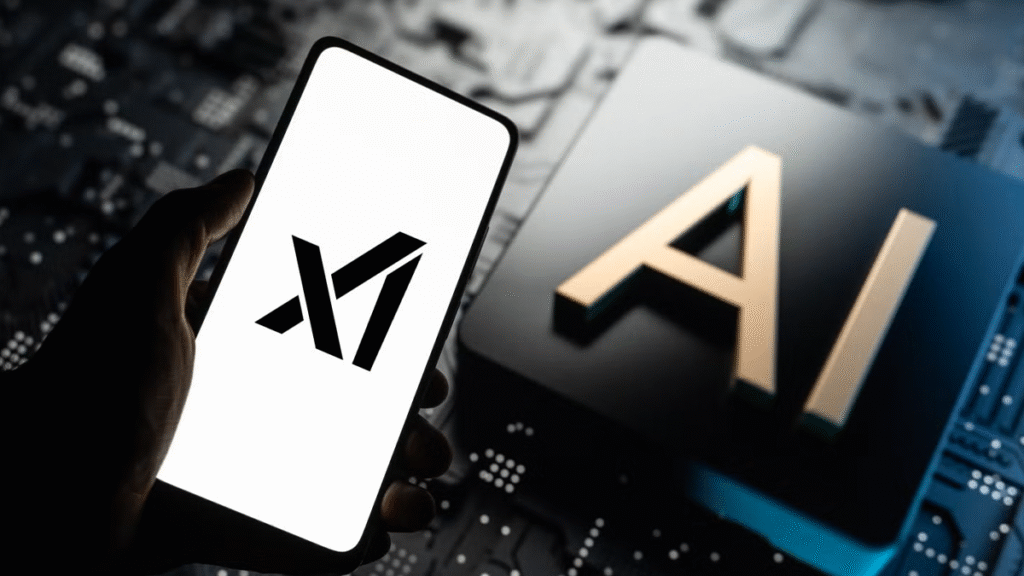Meta’s newly appointed Chief AI Officer, Alexandr Wang, is making headlines—not just for his meteoric rise in the tech world, but for a bold call to the younger generation: immerse yourself entirely in “vibe-coding.” On a recent podcast, the 28-year-old billionaire co-founder of Scale AI encouraged teenagers to devote nearly all of their free hours to mastering AI tools and natural language prompts.
From MIT Dropout to Meta’s AI Vanguard
Born in January 1997 in Los Alamos, New Mexico, Wang is the son of Chinese physicists who worked at Los Alamos National Laboratory. He showed early aptitude in mathematics and programming, participating in math Olympiads and US computing contests during high school.
Wang matriculated at MIT but left after just one year to pursue entrepreneurial ambitions. In 2016, he co-founded Scale AI with Lucy Guo, targeting what he saw as the AI industry’s true bottleneck: high-quality labeled data. The company gained rapid traction, landing contracts with major AI developers, and eventually valorizing at billions.
By age 24, Wang had become one of the world’s youngest self-made billionaires. In mid-2025, Meta invested approximately $14.3 billion to acquire a 49 percent stake in Scale AI. As part of the deal, Wang transitioned into Meta, stepping down as CEO of Scale but retaining a board seat.
At Meta, Wang now heads the newly launched Meta Superintelligence Labs (MSL), a reorganization of Meta’s AI efforts into a sharper, more ambitious structure. He leads four key teams focused on foundational models, research, product integration, and infrastructure. In internal memos, he restructured reporting lines so that many division heads now report directly to him.
The “Vibe-Coding” Wake-Up Call
On the TBPN podcast, Wang made headlines when he told young listeners:
“If you are, like, 13 years old, you should spend all of your time vibe-coding. That’s how you should live your life.”
By “vibe coding,” Wang refers to a mode of software development in which users communicate with generative-AI tools (such as GPT, Claude, Gemini, etc.) via natural language prompts to build apps, games, or prototypes—rather than writing code line by line. He proposes that if a teenager accumulates 10,000 hours of experience in this form of AI interaction, they gain a “huge advantage.”
Wang sees this moment as analogous to the early personal computing era—the generation that masters AI prompt engineering now may become the future’s tech giants.
However, not all observers echo his confidence. Some critics argue that “AI coding” remains overhyped: the productivity gains are uneven, and human oversight is still required in nontrivial systems.
Why Wang’s Message Matters
Wang’s appeal carries weight not just because of his current role at Meta, but because of how his trajectory bridges startup agility with big-tech scale. His transition to Meta signals the company’s aggressive pivot toward advanced AI ambitions. Under his leadership, Meta’s AI divisions face both reform and pressure to deliver next-generation models in a fiercely competitive environment.
For teenagers contemplating careers in tech, Wang’s message is provocative: become fluent in AI prompt engineering now. Even if his prescription is extreme, it underscores a broader trend: understanding, controlling, and collaborating with AI systems is rapidly becoming core “literacy” in the digital era.
Whether “vibe coding” truly becomes the dominant entry point into programming—or whether it remains a striking concept—is yet to be seen. But at the very least, Wang has issued a challenge: for Gen Z teenagers, AI mastery may not be optional—and time spent experimenting with AI might just shape the next generation of creators.


